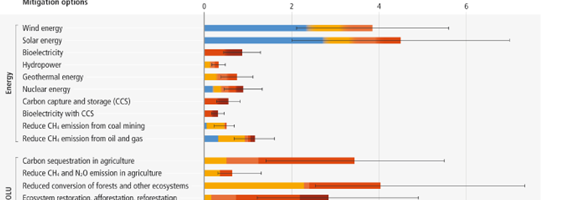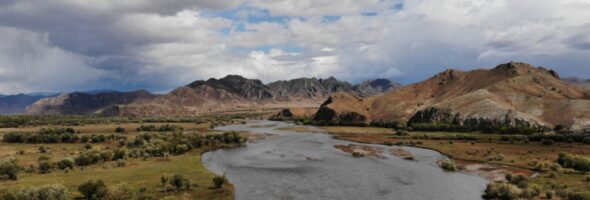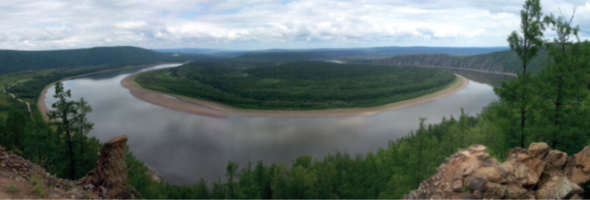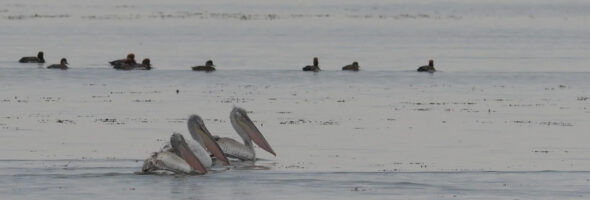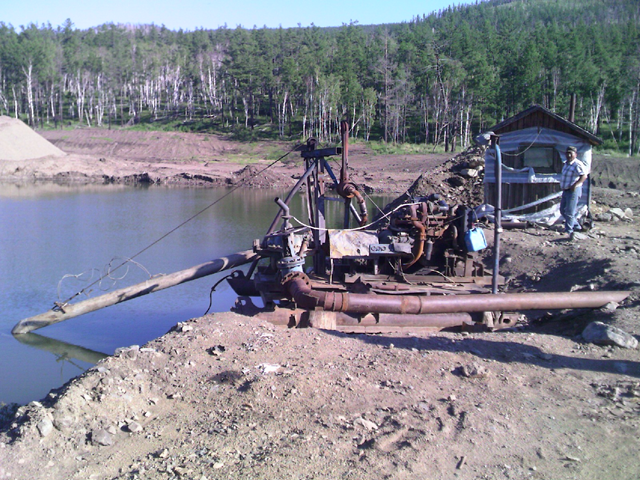AMONG THE KEY MITIGATION MEASURES THE IPCC FAVORS FOREST AND RIVER ECOSYSTEM CONSERVATION AND REJECTS LARGE HYDROPOWER
The International Panel on Climate Change has released the Synthesis Report of its 6th Assessment. The document leaves little room for optimism, but we will try to interpret its messages related to freshwater ecosystems in the most constructive manner: Takeaways for Rivers:


